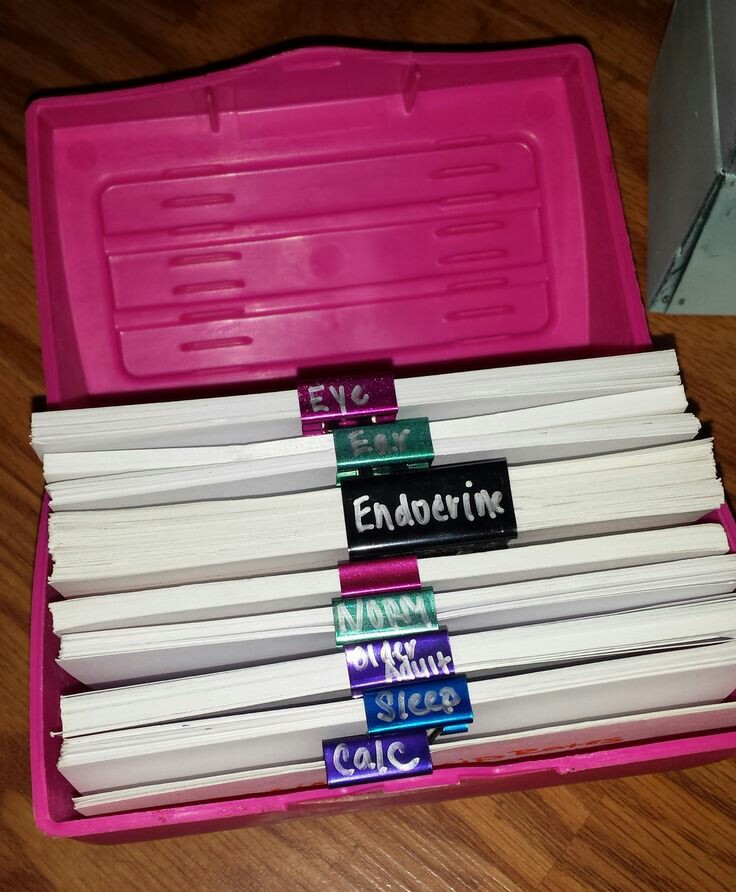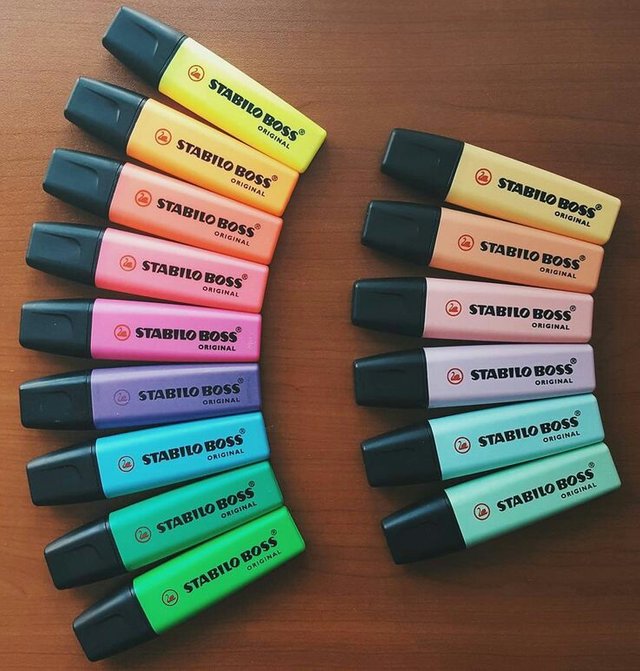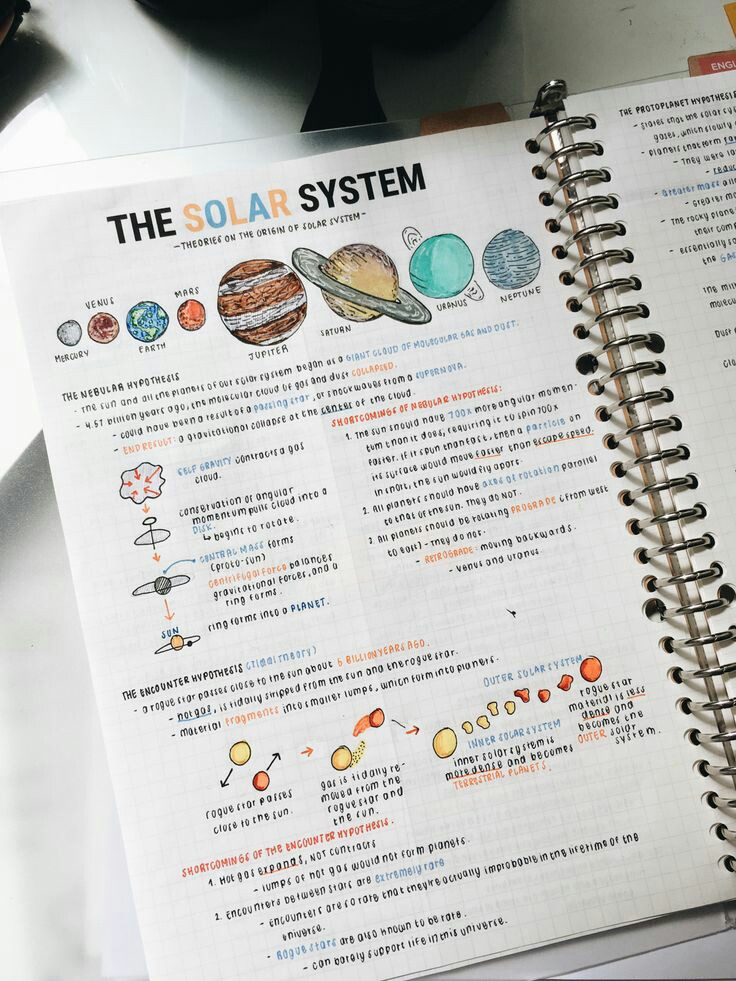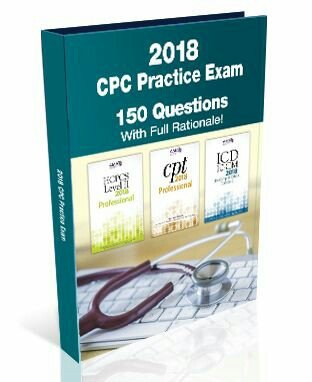THE RIGHT WAY TO READ
Passing an examination, is an art. If you were oblivious before, am informing you now. The more we master this art, the more progress we attain in our academic pursuits. In most cases, the most intelligent aren't the dominant forces in our classes but the most disciplined and hardworking group of individuals, the ones who have found a reading niche for themselves. And when i say hardwork, i mean hardwork in the right direction.
Many a time, a good no of us spend prodigious amount of time reading/jacking and at the end of the day,our hardwork doesn't reflect on the "result-board". It ultimately amounts to "much ado about nothing". These set of people are constantly in denial as regards their grades. In their minds, they actually did all that was required of them. Friends and third parties, who perceived and witnessed their seriousness and hardwork,are thrown off and left dumbfounded by the outcome. People even start pointing fingers at them,behind their backs, making petty comments like "upon all the book wey this guy dey carry for head,baba still get carry over full everywhere(or even probated) ". The truth is, there is actually a loop hole,a subtle problem,though inconspicuous it may seem.
A fraction of us are just getting by and are contented with our carbon chains (🔗-c-c-c-c) ;after all it takes us to the next level. Unbeknownst to these categories of people;the carbon chain can be broken in the future, if they persist in having such a mindset. But the truth is, we can actually do better and get the As/Bs we innately desire and covet. How can we actually achieve this?? How can our efforts reflect, according, on the "result-board"???.. The answer lies in mastering the art of reading and passing an examination. I want to reveal to us, different strategies that 'll brighten our study experience and help us get a result that commensurates with our efforts.
1.MNEMONICS. A Mnemonic is a memory tool,which we can utilize to remember things much easier. As is often the case, it could be a phrase, a short song, or something that is personal to us,that we can associate with unfamiliar string of information, particularly a list,for easy retention. Do we all remember "mama vero enter mama Julie store under nine planets",which we used in primary school,to remember the nine planets.MR NIGER-DA;for remembering the characteristics of living things or the song we used in remembering the first 20 elements. Then most recently,PVT-TIM HALL, for remembering essential amino acids. These are all quintessential examples of mnemonics. I decided to use examples that we can all relate to. And we can all agree on how these information ,learnt by this means, stuck with us like glue. But many of us have failed to harness the power of mnemonics in our study. We only utilized the aforementioned examples,because it was taught to us by our teachers or we stumbled upon them in our text books. The truth is we can compose our own personal mnemonics ;the more personal it is,the more it sticks. Reading is so much fun when mnemonics are involved. Remembering stuffs becomes more effortless and less brain wracking. You can even use mnemonics for definitions. You can sing definitions to the tune of your favourite song, you'll be marvelled at the outcome. These strings of information will infect your brain just like the lyrics of your favourite song and will stand the test of time.
2.FLASH CARDS. The use of Flash card is an effective way to study new information. It is a potent memory aid. Flash cards can be created with cardboard paper of different colours,which are cut into portable sizes. Flash cards can be used to learn terminologies;the word you are to memorise/learn is written on one side,the meaning on the other. Flash cards can also be used to learn( in the case of pharmacology) classes of drugs and their examples;the drug class on one side of the flash card and it's examples,on the other. Flash cards provide students with a portable learning tool. Rather than having to carry around a book,notebook or even large chunk of materials, flash cards allow students the opportunity to transport as many cards as they need. You can conveniently go through your flash cards inside shuttle buses,cars,while trekking to your hostel,even while cooking. With flash cards,we can all make effective use of our time. Flash cards also helps us to eliminate extraneous material as they focus on only the most important elements of what they we need to learn. Flash cards should be used on time and not few days to exams. Start designing your flash cards. Now is the time.

3.USE OF HIGHLIGHTERS. Highlighters should be with us at all times while we are studying. By highlighting important points you create visual cues to guide your revision. The important stuff stares boldly at you,in the face and you don't need to start looking for what's important or not,when revising. It saves you the time and stress.We can even picture these coloured points while writing our papers. Colors are strong triggers for remembrance and recollection. You could have highlighters of different colours for different purposes. For example: a blue high lighter for examples..pink high lighter for important/note worthy
points...purple highlighters for definitions.

4.TAKING DOWN NOTES WHILE READING. It sounds weird to me when people say they don't take down notes when reading. It's very important to have a jotting notebook by your side when reading, which should contain a summary of all that you read, in your own words and terms. Writing down what you read increases retention efficacy. It's a very important repetitive tool. Start taking notes while reading..it gives you a concise material to go through when time is limited;especially those few hours to the time of exam. All your coined mnemonics should be written down in your reading notes.

5.STUDY AND ANSWER PAST QUESTIONS. It's very Paramount you do this.In most cases,95% of your exam questions are either recycled or repeated questions of previous years. That's why it's very important you answer as much past questions as you can.This is the main reason why many students don't do very well in exams. Regardless of your artfulness in studying, your preparation isn't complete without your answering past questions. People who don't go through past questions,are at a disadvantage when compared to their classmates,who did otherwise. In my humble opinion,no exam question should seem unfamiliar and novel to you. The exam venue shouldn't even be the first time you are attempting these questions. Worst case scenario;the seemingly strange one, must have been hinted upon by the lecturer,hence there is still no excuse

6 DISCUSSION GROUPS. The importance of a discussion group cannot be overemphasized. The members of the group must be of like minds and must be familiar with each other. Discussion group should be set up very early in the semester,as forming a discussion group weeks before exam,is an exercise in futility.The population of its members should be reasonable ,as a discussion group is subject to the laws of diminishing return.The objectives of a discussion group are as follows;
(i).To challenge ideas – your ideas and that of others, with the goal of arriving at a more complete understanding.
(ii).To develop ideas – the ideas of others can be used to improve upon your own understanding.
(iii).To acquire ideas – using discussion sessions as a way of collecting ideas.
(iv).To check ideas –It can be used to ascertain the validity of your ideas and understanding.
(v).To study and answer past questions.
(vi).To instill in it's members ,the urge and drive to read consistently.
(vii).It makes learning fun.
(viii)To build your confidence level... e.t.c.
7 Ask for clarification from your lecturers when you don't understand any concept taught in class. Even if it makes you appear dumb before your peers, because it seems like everybody else in class gets it.. As the saying goes "He who ask a question is a fool for five minutes;He who does not ask a question remains a fool forever".You can also ask approachable members of your class, when you don't understand a topic.If you belong to a discussion group,throw whatever question you have before them.
8.Read your lecture notes after class... Don't procrastinate.
9.Asses and determine your reading progress level by the amount of content read and not by the amount of time spent reading.
Image source:Pinterest.